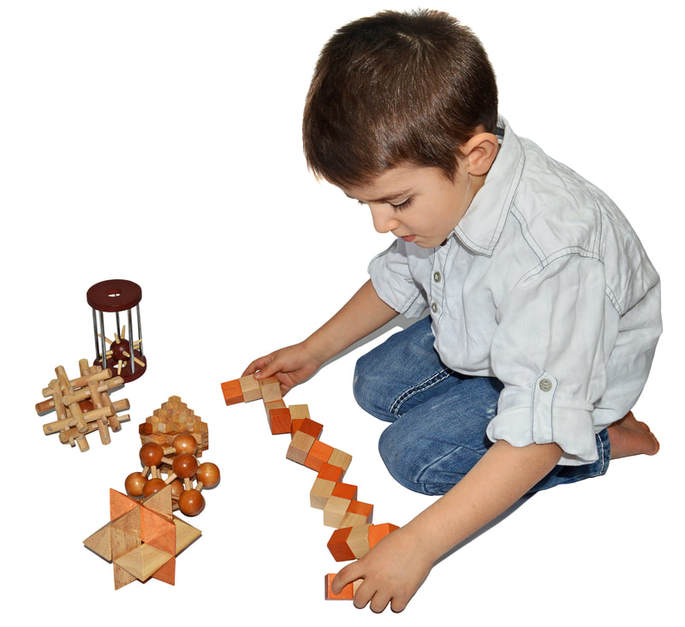Sentry Page Protection
Unit 5 Student Login 
Unit 5 Student Login
Welcome, (First Name)!
Enter Member Area
(Unit 5) Topic 5: Incorporating Montessori Elements in Program Planning
1 Clock Hour of Early Childhood Education



















